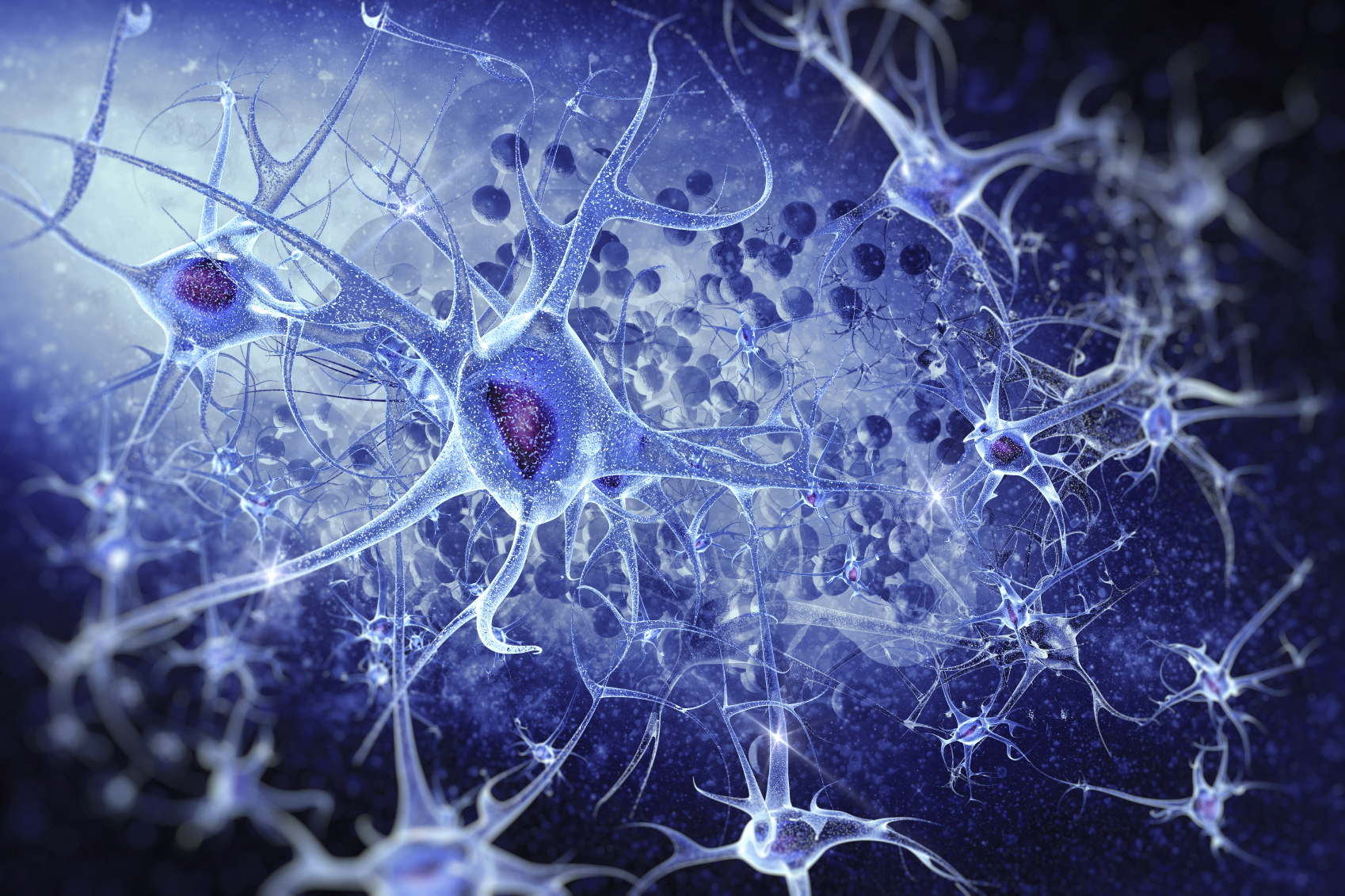Israel's NeuroHelp to trial AI device that predicts epileptic seizures

NeuroHelp, a spin-off from Israel’s Ben-Gurion University of the Negev, has developed what it claims to be the first wearable artificial intelligence (AI) device that detects and predicts epileptic seizures up to an hour before onset.
The company hopes that the tool will improve over current alarm devices, which offer real-time seizure detection but are unable to provide advanced warnings.
Epiness was developed by Dr Oren Shriki and his team at the BGU Department of Cognitive and Brain Sciences at the Inter-faculty Brain Science School.
NeuroHelp was founded by the university’s technology transfer company, BGN Technologies, and scientific founder Dr Shriki.
Epiness is based on a combination of EEG-based monitoring of brain activity together with proprietary machine-learning algorithms.
The device combines a wearable electroencephalogram (EEG) device with software that minimises the number of EEG electrodes and optimises placement on the scalp.
The algorithms filter noise unrelated to brain activity, extract informative measures of the underlying brain dynamics, and distinguish between brain activity before an expected epileptic seizure and when a seizure is not expected.
The new algorithm was developed and tested using EEG data from a large dataset of people with epilepsy that were monitored for several days prior to surgery.
The algorithm with the best prediction performance reached a 97% level of accuracy, with near optimal performance maintained (95%) even with relatively few electrodes.
Clinical trials are set to begin of the prototype system later this year, said Shriki.
"Currently there are no seizure-predicting devices that can alert patients and allow them to prepare for upcoming seizures. The device will be both accurate and user-friendly, since the algorithms significantly reduce the number of EEG electrodes necessary,” Shriki added.
There are already several epilepsy alarm devices on the market, such as those manufactured by Alert-IT and Empatica.
These work by detecting changes in heart rate and alert loved ones to potential seizures using a pager system.













